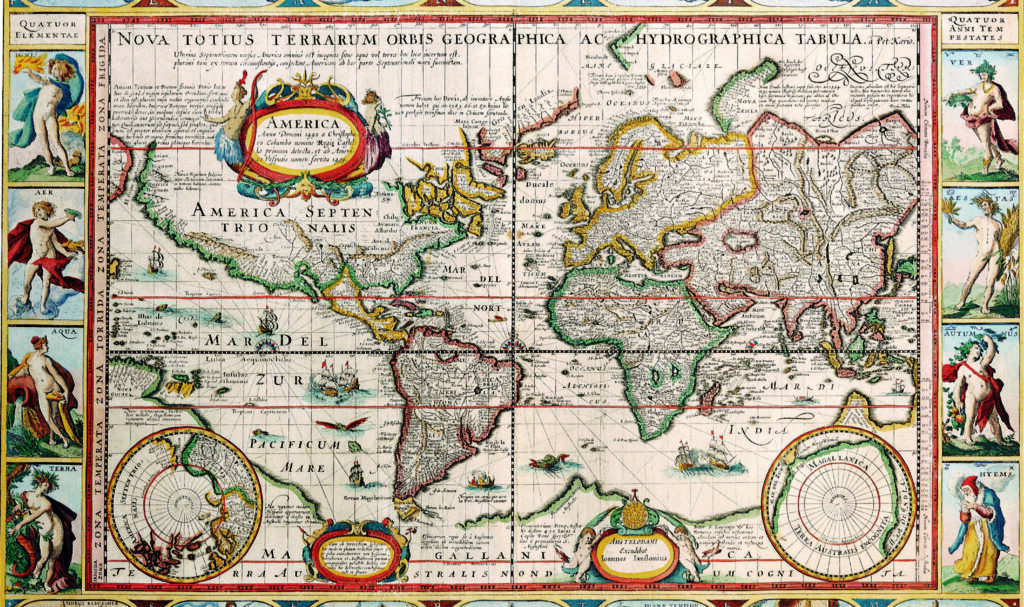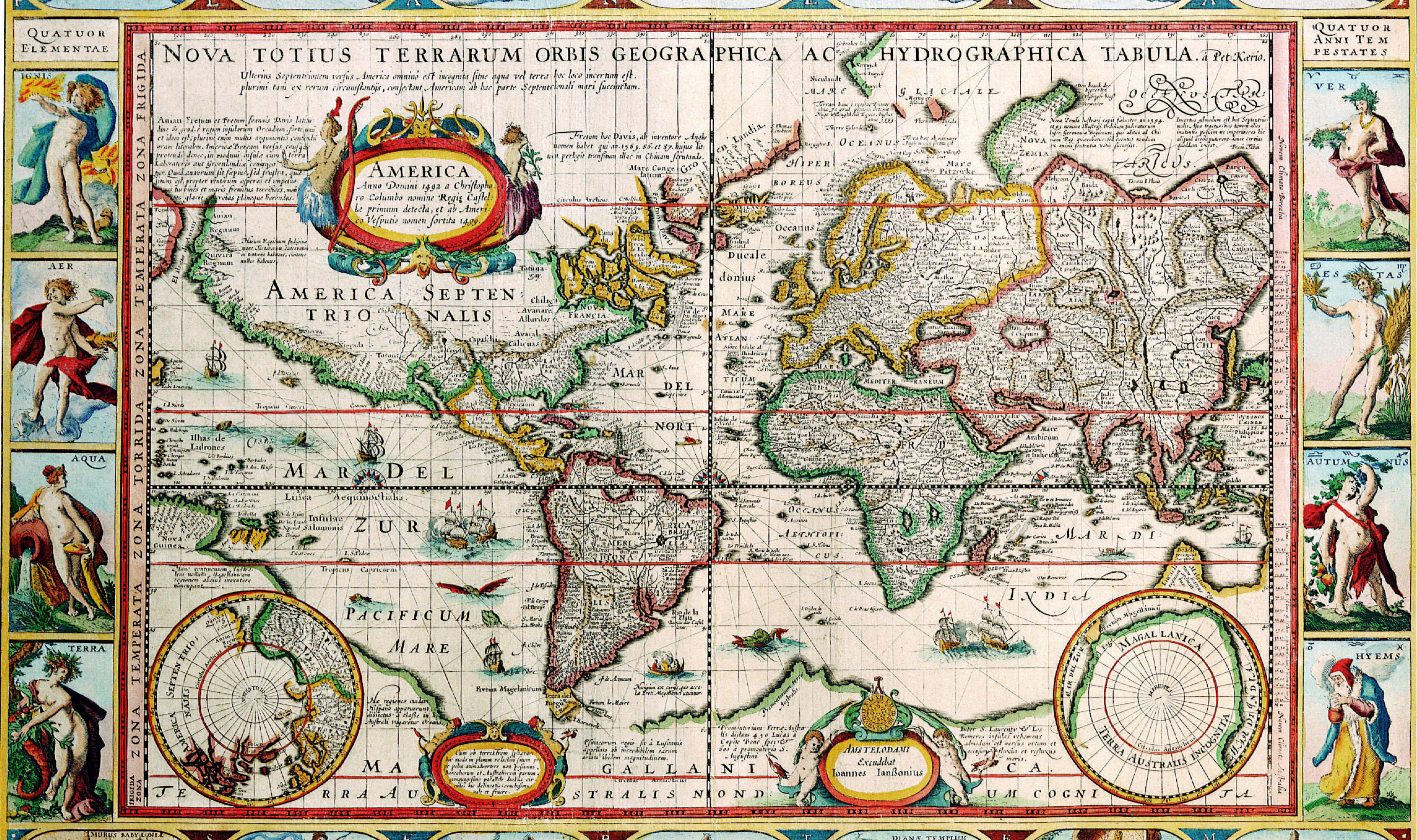Erik Prince Wants to Let the Market Decide
State of the Union: The global conditions for colonialism are reemerging. The post Erik Prince Wants to Let the Market Decide appeared first on The American Conservative.

Erik Prince Wants to Let the Market Decide
State of the Union: The global conditions for colonialism are reemerging.

Billionaire Erik Prince, founder of Blackwater, recently appeared in a podcast to talk about the practically open American southern border, during which he came up with an interesting observation.
“It’s time for us to put the imperial hat back on to say, we’re going to govern those countries if you’re incapable of governing yourselves, because enough is enough, we are done being invaded,” Prince said, noting how African governments are stocked with corrupt politicians looting and pillaging, which leads to major disorder and mass migration abroad. He added that he is “absolutely” talking about being a colonialist.
The whole interview is worth watching, but it is important to ponder a fundamental question that was raised here by Prince: What happens when a significant part of the globe is incapable of order, without external “ordering,” and is therefore a problem for the rest of the civilized world?
This isn’t idle philosophical pondering. It is well established that a significant (if not the chief) cause behind mass migration is social disorder caused by a lack of good governance. Parts of both Latin America and Africa have shown that they are incapable of rule of law and civilized order, or even simple civilized subsistence. Let’s call it the Haiti or the South Africa syndrome. Once the competent people are driven out, social order reverts back to pre-modernity, which in turn leads to mass-migration outward, where people maintain their old tribal loyalties, and transform their new place to their old.
America never thought of itself as an empire. It also lacks the imperial education system or the class hierarchy that is required to have a narrow enough ruling class determined to identify their narrow and ruthless interest with that of the nation instead of a broad moralistic revolutionary attitude towards global problems. Nevertheless, being the world’s preponderant power, it has often found itself doing the job of an empire without accruing the benefits of one. Consider that in the late 19th century, a random Scotsman could travel from Canberra to Calcutta or Calgary, set up a business, marry a local, take part in governance, support and benefit from order. An American from Ohio posted in Baghdad’s Green Zone is doing the same work without any of the same benefits. America provides security for the globe without the globe paying a security tax to the imperial core. It is dumb imperialism.
Yet there has always been another historic way. Back in the 15th and 16th century, Europe was a hungry upcoming region, and the settled, rich powers were in the east—in India and China. A couple of developments changed that. First, the rapid development of new technologies—the printing press, maritime charts, naval power, and the free market—changed Europe into a powerhouse. Simultaneously, the decline of the old Asian powers led to their destruction from within. Those dynamics culminated in the East India Company, which married the superior Western technology and tactics with a ruthless balance of power politics and a “divide and rule” instinct. That in turn, led to colonial conquests in parts of the globe and global order, the fruits of which we have been enjoying until recently.
It is a stretch to claim that colonialism provided every beneficial social change that happened everywhere. Yet is it not untrue to claim that colonialism provided the necessary social conditions that led to local order and development.
Interestingly, we are at a similar historic inflection point.
New technologies that are being developed in the West will result in a technology gap between the developed and underdeveloped worlds, which is not dissimilar to the power difference between a Zulu assegai and a British Martini-Henry gun, resulting in an offense-dominated world with conditions favorable to colonialism. The Western male-female gender gap, as well as the declining job standards in the West, are leading to conditions in which single men will increasingly seek fortunes and adventure across the globe. Some Western private companies are big enough to simply have their own empires. Some private companies—see Wagner’s rebranding as a new Africa Korps—are already working to provide security and stability in the third world, as Westphalian states recede rendering society ungovernable and disorderly, as in the time prior to the establishment of the East India Company.
There are now enough—more than enough—managerial-class graduates from Western universities who are capable of providing leadership and governing roles in various parts of Africa and Latin America. They incidentally do not have any jobs or prospects in their own countries. Mass-migration’s main Western liberal supporters claim that migrants address unfilled menial labor and production jobs that are beneficial to the West. Company rule solves both the problems in one go: It provides order and good governance, stopping migration at the root, and gives elites something to do. It is a free-market solution that divides the imperial core with the periphery and fosters the development of commerce.
This magazine has never endorsed interventionism, but it would be foolish not to understand the shifting historic and structural forces in the world. One should, therefore, pay heed to Erik Prince’s warning.
The post Erik Prince Wants to Let the Market Decide appeared first on The American Conservative.
What's Your Reaction?
















